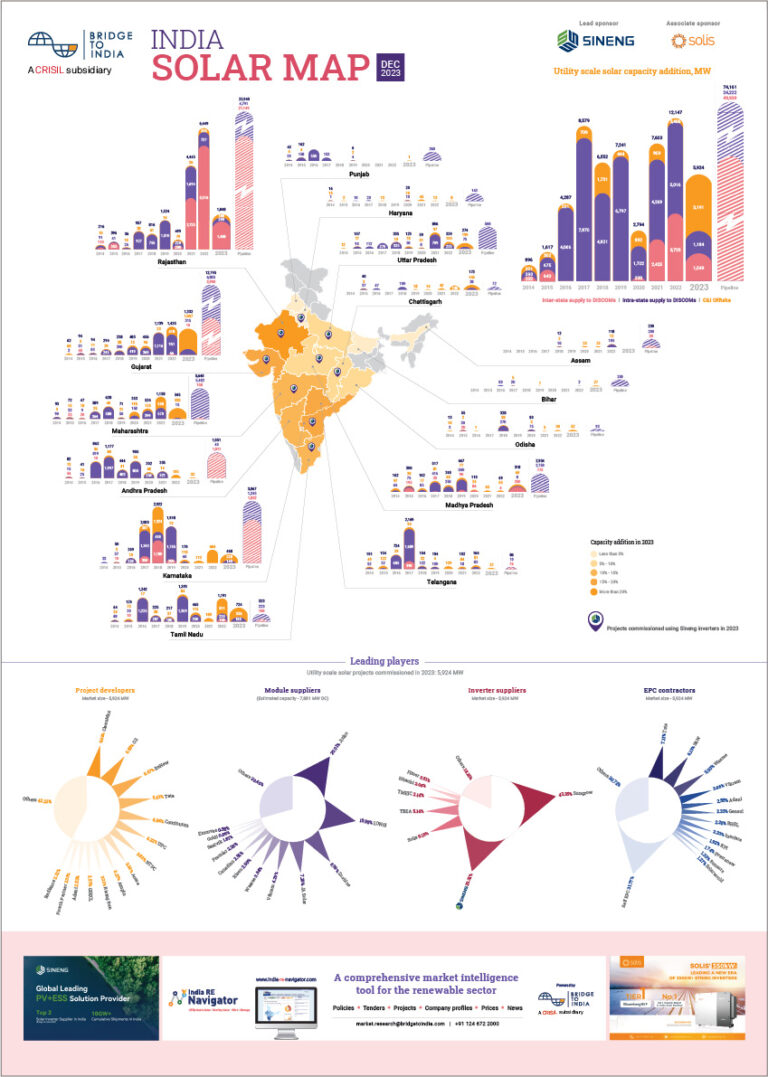The Ministry of Power has issued another set of draft amendments to The Electricity Act, 2003. It is the third attempt to amend the Act in as many years. The latest set of amendments focuses mainly on improving DISCOM financial position and reducing offtake risk for power generators. However, it is more limited in scope in comparison to previous drafts. Major exclusions include separation of content and carriage in the power distribution business, obligation to provide 24×7 power to consumers, reduction of cross-subsidy surcharge and penalties for non-compliance with RPO targets. The Ministry has sought comments from all stakeholders by 5 June 2020.
- The proposed changes are a disjointed approach to address recent problems rather than institution of fundamental long-term reforms;
- The states are likely to resist many of the key proposed changes;
- As seen with previous such attempts, we expect little concrete progress on the new draft amendments;
Key elements in the draft amendments are discussed below.
Replacement of subsidies with direct transfers
Due to long delays in payment of subsidies to DISCOMs by state governments and concerns about authenticity of related data, the government has proposed that the state governments should instead provide direct cash transfers to consumers.
Our view: This is arguably the most ambitious measure reform in these amendments. Delay in tariff subsidy payments, estimated at over INR 850 billion (USD 11.2 billion) per year, by state governments is a major cause of financial distress for the DISCOMs. But the change is likely to be resisted heavily by the state governments.
Specified time limits for bid tariff approval by regulators
As much as 2.4 GW of projects have had to be cancelled in the last year because of delays in regulatory approvals of bid tariffs. The government is seeking to streamline this process and ensure that regulatory decisions are made within 60 days of filing of petition.
Our view: The fundamental problem here is reluctance among DISCOMs to sign long-term PPAs, which, in turn, is due to excess power supply (and weak demand growth). This issue remains unresolved.
New hydro power procurement obligation (HPO) targets
A new target for hydro power procurement is proposed to be set for DISCOMs and select C&I consumers. It is an attempt to revive the hydro power sector, which has been languishing with new capacity addition of only 406 MW in the last two years.
Our view: Hydro power is an attractive generation source because of its flexible output profile but new projects are stuck because of high capital cost, long gestation periods, high construction and environmental risks, and lack of interest from private sector players. No improvement is expected because of HPO targets alone.
Establishment of the Electricity Contract Enforcement Authority (ECEA) as a new adjudication body for all non-tariff disputes in PPAs
ECEA, proposed to have the same power as civil courts, would have rights to detain and attach property. Aggrieved parties may approach APTEL if they are dissatisfied with ECEA ruling.
Our view: This is an attempt to speed up resolution of PPA disputes, a growing problem. But it is unclear why creation of a new agency is necessary. It complicates dispute resolution process due to multiplicity of agencies including electricity regulators, APTEL and the Supreme Court.
Increased operational role for National Load Despatch Centre (NLDC)
It is proposed that NLDC would have the power to direct DISCOMs, power producers, SLDCs and other stakeholders to schedule and despatch power in accordance with PPAs.
Our view: It is a sensible move to curb growing curtailment risk for renewable power. It is an extension of recent decision to let POSOCO, the national grid manager, investigate curtailment incidents in Andhra Pradesh.
Increased government control over selection of state regulators
A national level committee is proposed to appoint members of state regulators on a timely basis.
Our view: It is a sensible measure to reduce state government intervention in regulatory process but again, we expect the state governments to resist the change.
Distribution sub-licensees
Following opposition by states to both separation of content from carriage and DISCOM privatisation, the government is mooting a compromise formula to sub-license limited responsibilities of DISCOMs to private sector players.
Our view: Sub-licensee structure could, if implemented earnestly, result in marginal operational and financial efficiency enhancements in power distribution business.
To sum up, the proposed changes seem largely reactive and designed to address recent problems faced by power producers. We are disappointed that the amendments are a far cry from much needed fundamental long-term reform of the sector. Moreover, the central government’s ability to secure progress and compliance of these steps by states remains in doubt. As seen in the past, state governments and DISCOMs have been openly flouting key provisions of the Electricity Act on a regular basis.












